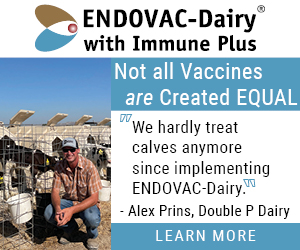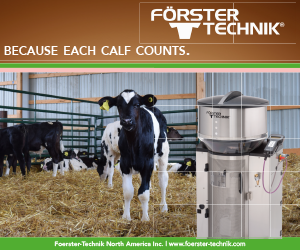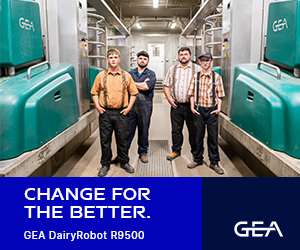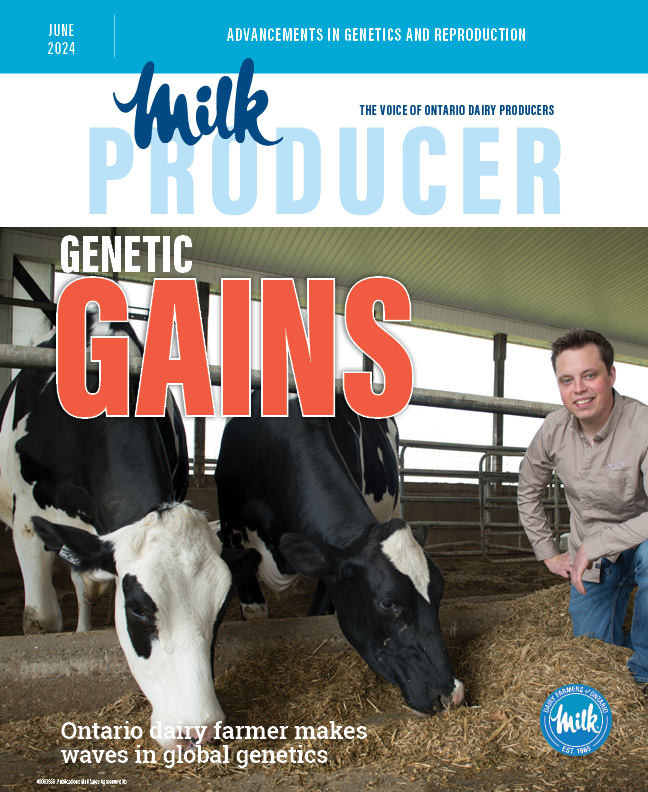
On The Cover:
Ontario dairy farmer makes waves in global genetics
Tony van Lith’s story of building Valiant Dairy Genetics is one of ambition, trust, ingenuity and instinct.
From an early age, van Lith took a keen interest in dairy genetics – learning from everyone around him, from 4-H leaders to genetics sales representatives. One of four boys in a dairy farming family that was rapidly expanding their herd, van Lith recognized he could apply his interest to his family’s herd when he was just a teenager. Looking back, he believes that opportunity launched his genetics business.
More from this issue

Tools to manage undesirable genes
More and more producers are raising concerns about undesirable genetic conditions and haplotypes, emphasizing the need for effective management strategies within their breeding programs. The genes underlying these genetic conditions and haplotypes have spread throughout the dairy industry, primarily due to multiple generations of mating that have also led to higher inbreeding levels. Once known, these genetic conditions and haplotypes can be effectively managed by avoiding mating sires and dams that are known or probable carriers.

Increase your herd’s profitability
When dairy farmers think about genetics, they may not be fully aware of all the ways this growing field can make their dairy operation more efficient and manageable. Genomics is a valuable tool farmers can use to achieve overall dairy farm profitability. Investing in genetic testing provides producers a wealth of data about their cows and bulls, which they can use to implement the best breeding decisions.

Innovative iClassifier tool unveils AI-powered livestock classification
Between his two jobs of chief financial officer (CFO) and chief innovation officer (CINO) of iClassifier, an Edmonton-based developer of AI-powered livestock classification technology, Ghader Manafiazar, co-founder of the company, says he prefers the second title. It’s the idea of innovation that appeals to him most.
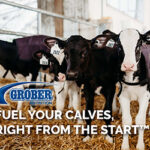
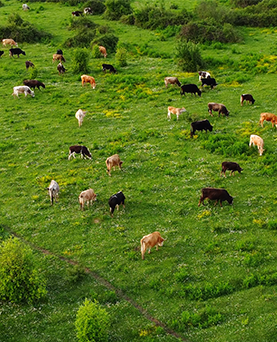
Canada’s plan for net-zero dairy genetics
Canada is spearheading another transformative initiative in sustainability with its plan for net-zero dairy genetics, aligning with Dairy Farmers of Canada’s (DFC) ambitious goal of achieving net-zero greenhouse gas (GHG) emissions by 2050. The plan leverages knowledge gained in both nutrition and genomic studies to develop more efficient dairy cattle that produce fewer emissions.
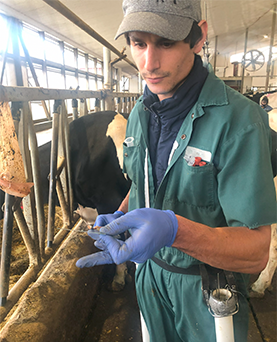
Targeted reproductive management
In a synchronization program for dairy reproduction, there can be four to eight steps that need to be done on a tight schedule to get things right. What if there was a way to monitor heats that could manage about 70 per cent of breedings and alleviate labour-intensive heat detection or timed insemination programs?
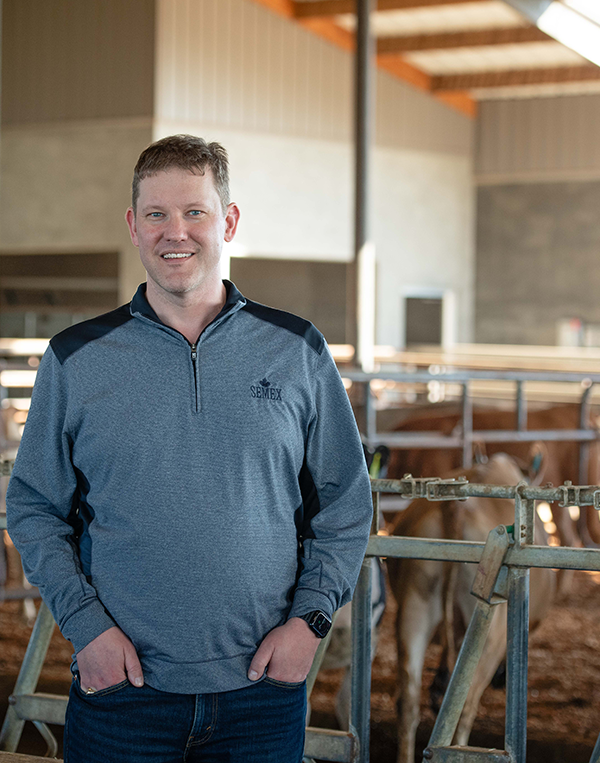
The evolution of today’s global genetic system
“Everywhere you look, dairy producers are leveraging genetics to be more productive,” says Mark Carson, solutions operations manager with Semex. It’s a statement that’s been repeated throughout recent decades thanks to research and innovation and the same can be said when forecasting what the next decade holds for dairy herds in Canada and across the globe.

